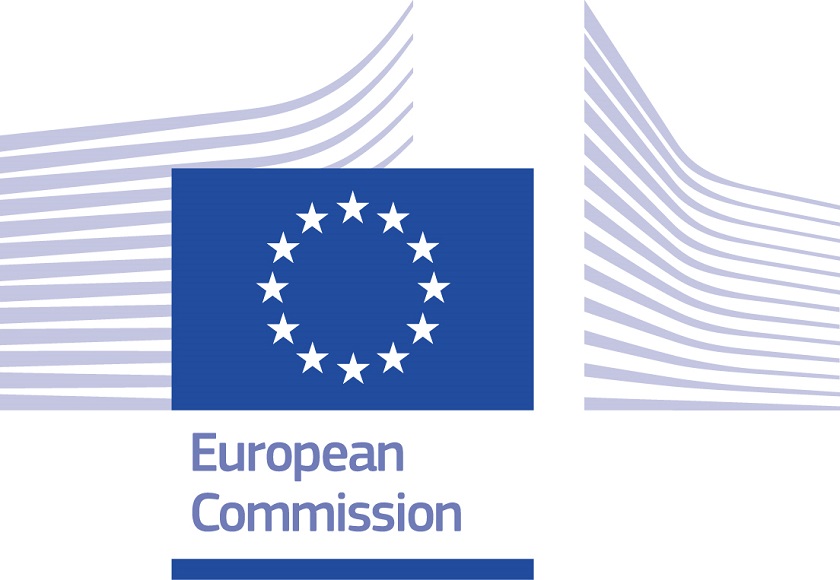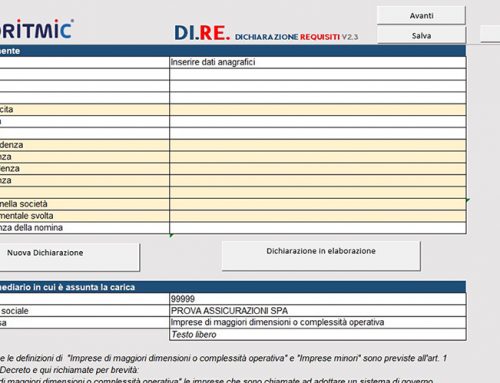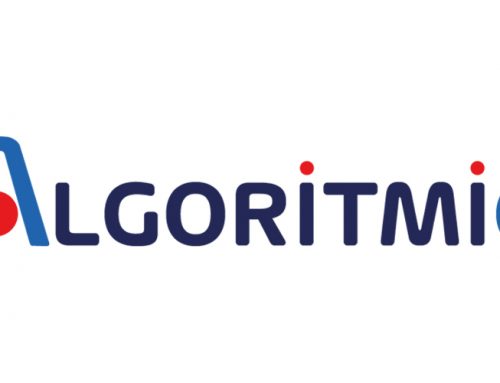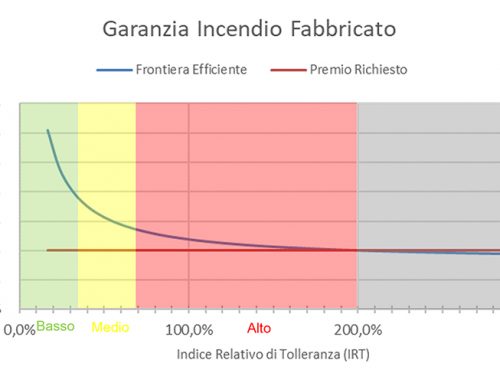
The new legislation on corporate sustainability reporting (CSRD) has been published in the Official Journal of the European Union.
On December 16, 2022, the DIRECTIVE (EU) 2022/2464 OF THE EUROPEAN PARLIAMENT AND OF THE COUNCIL of December 14, 2022 on corporate sustainability reporting was published in the Official Journal of the European Union.
With the “Green Deal”, the European Commission committed itself to review the provisions of Directive 2013/34/EU of the European Parliament and of the Council concerning the disclosure of non-financial information. As known, the Green Deal is the Union’s new growth strategy that aims to transform the Union into a modern, resource-efficient and competitive economy that will have no net greenhouse gas emissions by 2050.
The Green Deal aims to decouple economic growth from the use of resources and ensure that all regions and citizens of the Union participate in a socially just transition towards a sustainable economic system, so that no person and no place is excluded.
Below is a brief summary of the changes made to the pre-existing 2013 Directive:
- SUSTAINABILITY REPORTING RULES
Large enterprises and small and medium-sized enterprises, with the exception of micro-enterprises, which are public-interest entities, shall include in the management report information necessary to understand the impact of the enterprise on sustainability issues.
The information includes:- (a) a brief description of the business model and strategy of the enterprise, indicating:
- (i) the resilience of the company’s business model and strategy in relation to risks related to sustainability issues;
- (ii) opportunities for the company related to sustainability issues;
- (iii) the undertaking’s plans, including implementation actions and related financial and investment plans, to ensure that the business model and strategy are compatible with the transition to a sustainable economy;
- (iv) how the business model and strategy of the undertaking takes into account the interests of its stakeholders and its impact on sustainability issues;
- (v) how the company’s sustainability strategy is to be implemented;
- (b) a description of the time-bound objectives related to the sustainability issues identified by the undertaking, a description of the progress it has made towards achieving those objectives and a statement as to whether the organisation’s objectives relating to environmental factors are based on conclusive scientific evidence;
- (c) a description of the role of the administrative, management and control bodies with regard to sustainability issues and of their competences and capacities in relation to the performance of that role or the access of those bodies to those competences and capabilities;
- (d) a description of the company’s policies in relation to sustainability issues;
- (e) information on the existence of incentive schemes linked to sustainability issues and intended for members of administrative, management and control bodies;
- (f) a description;
- (i) the due diligence procedures applied by the company in relation to sustainability issues;
- (ii) the main actual or potential negative impacts related to the business of the company and its value chain, including its products and services, trade relationships and supply chain, actions taken to identify and monitor those impacts;
- (iii) any action taken by the undertaking to prevent, mitigate actual or potential adverse impacts or to remedy or end such impacts, and the results of such actions;
- (g) a description of the main risks to the undertaking related to sustainability issues, including a description of the undertaking’s main dependencies on those issues, and how the undertaking has managed those risks;
- (h) indicators relevant for the reporting of the information referred to in points (a) to (g).
- (a) a brief description of the business model and strategy of the enterprise, indicating:
Exceptions are provided:
- For small and medium-sized enterprises, small and non-complex institutions as well as captive insurance undertakings and captive reinsurance undertakings. (Art. 29c)
- For small and medium-sized enterprises which are public-interest entities limited to financial years starting before 1 January 2028, which may decide not to include the required information in their annual report, the undertaking will nevertheless have to briefly indicate in its management report the reasons why sustainability reporting has not been provided.
Specific exemptions are then established for “subsidiary” companies belonging to Groups. In this case, the management report of the “subsidiary” company must recall the sustainability report drawn up by the parent company, indicating the relative link.
- GOVERNANCE RULES
The composition of the administrative, management and control bodies of the company must comply with principles of sustainability with regard to gender and other aspects such as, for example, age, disabilities or educational and professional background. The objectives of this policy on diversity, how it is implemented and results over the reference period will have to be formalized.
- REPORTING PRINCIPLES
Sustainability reporting principles specify the prospective, retrospective, qualitative and quantitative information, as appropriate, that companies are required to report.- (a) the information to be disclosed by undertakings concerning the following environmental factors:
- (i) climate change mitigation, including greenhouse gas emissions;
- (ii) adaptation to climate change;
- (iii) water and marine resources;
- (iv) resource use and the circular economy;
- (v) pollution;
- (vi)biodiversity and ecosystems.
- (b) information to be disclosed by enterprises on the following social and human rights factors:
- (i) equal treatment and equal opportunities for all, including gender equality and equal pay for work of equal value, training and skills development, employment and inclusion of persons with disabilities, measures against violence and harassment in the workplace, and diversity;
- (ii) working conditions, including secure employment, working time, adequate wages, social dialogue, freedom of association, the existence of works councils, collective bargaining, including the proportion of workers covered by collective agreements, workers’ rights to information, consultation and participation, work-life balance, health and safety;
- (iii) respect for human rights, fundamental freedoms, democratic norms and principles as set out in the International Charter of Human Rights and other fundamental United Nations human rights conventions, including the United Nations Convention on the Rights of Persons with Disabilities, the United Nations Declaration on the Rights of Indigenous Peoples, the International Labour Organisation Declaration on Fundamental Principles and Rights at Work, the fundamental conventions of the International Labour Organisation, the European Convention for the Protection of Human Rights and Fundamental Freedoms, the European Social Charter and the Charter of Fundamental Rights of the European Union;
- (c) the information to be disclosed by undertakings on the following governance factors:
- (i) the role of the undertaking’s administrative, management and control bodies with regard to sustainability issues and their composition, as well as their competences and capacities in relation to the performance of that role or the access of those bodies to those competences and capabilities;
- (ii) the main features of the company’s internal control and risk management systems, in relation to sustainability reporting and decision-making;
- (ii) the main features of the company’s internal control and risk management systems, in relation to sustainability reporting and decision-making;
- (iii) business ethics and business culture, including the fight against bribery and passive corruption, whistleblower protection and animal welfare;
- (iv) the activities and commitments of the firm relating to the exercise of its political influence, including lobbying;
- (v) the management and quality of relations with customers, suppliers and communities affected by the activities of the business, including payment practices, in particular as regards late payments to small and medium-sized enterprises.
- (a) the information to be disclosed by undertakings concerning the following environmental factors:
Please, refer to the text of the Official Journal of the European Union for further information by clicking HERE.






Stay In Touch